
https://hazeldoughty.github.io
Our benchmark tests understanding in recipes, ingredients, nutrition, fine-grained actions, 3D perception, object movement and gaze. Current models have a long way to go with a best performance of 38% vs. 90% human baseline.

Our benchmark tests understanding in recipes, ingredients, nutrition, fine-grained actions, 3D perception, object movement and gaze. Current models have a long way to go with a best performance of 38% vs. 90% human baseline.
We reconstruct participants kitchens and annotate every time an object is moved.
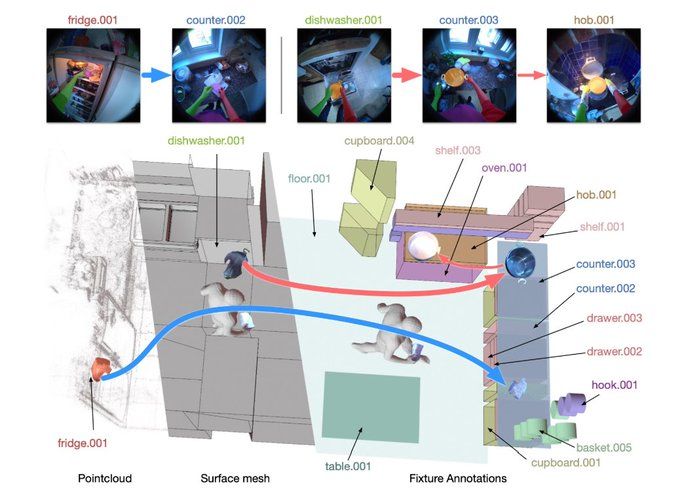
We reconstruct participants kitchens and annotate every time an object is moved.
Every action has a dense description not only describing what happens in detail, but also how and why it happens.
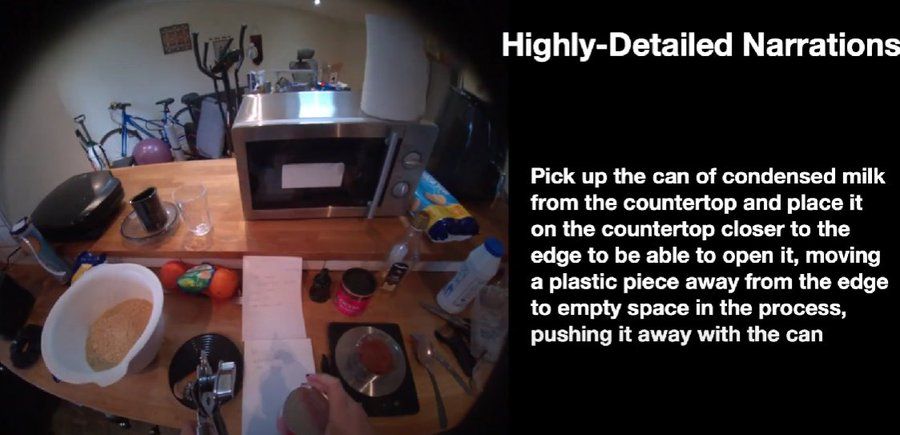
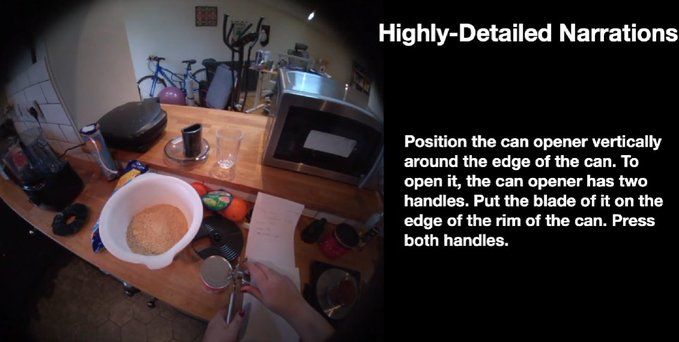
Every action has a dense description not only describing what happens in detail, but also how and why it happens.
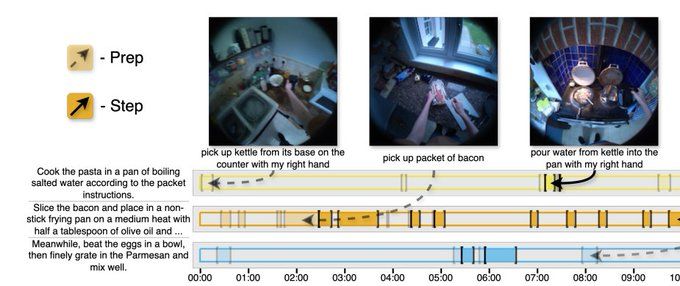
We collect details of all the recipes participants chose to perform over 3 days in their own kitchen. Alongside ingredient weights and nutrition.
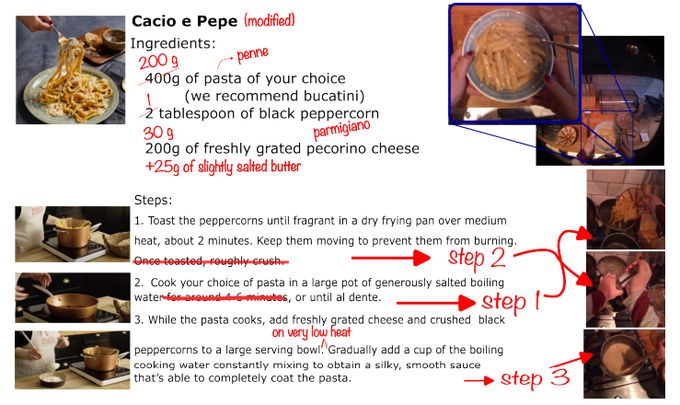
We collect details of all the recipes participants chose to perform over 3 days in their own kitchen. Alongside ingredient weights and nutrition.
arxiv.org/abs/2502.04144
hd-epic.github.io
What makes the dataset unique is the vast detail contained in the annotations with 263 annotations per minute over 41 hours of video.
arxiv.org/abs/2502.04144
hd-epic.github.io
What makes the dataset unique is the vast detail contained in the annotations with 263 annotations per minute over 41 hours of video.

We also see that good coarse-grained performance does not necessarily indicate good fine-grained performance.

We also see that good coarse-grained performance does not necessarily indicate good fine-grained performance.
Our approach automatically creates new fine-grained negative captions and can be applied to any existing dataset.
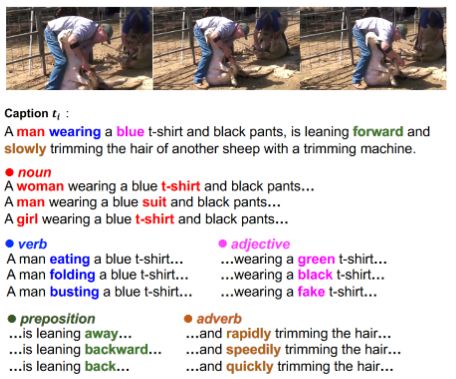
Our approach automatically creates new fine-grained negative captions and can be applied to any existing dataset.
Captions thus rarely differ by a single word or concept.
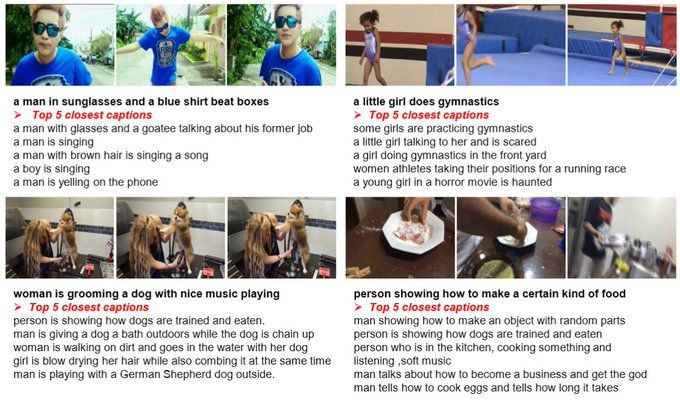
Captions thus rarely differ by a single word or concept.
ArXiv: arxiv.org/abs/2410.12407
We go beyond coarse-grained retrieval and explore whether models can discern subtle single-word differences in captions.
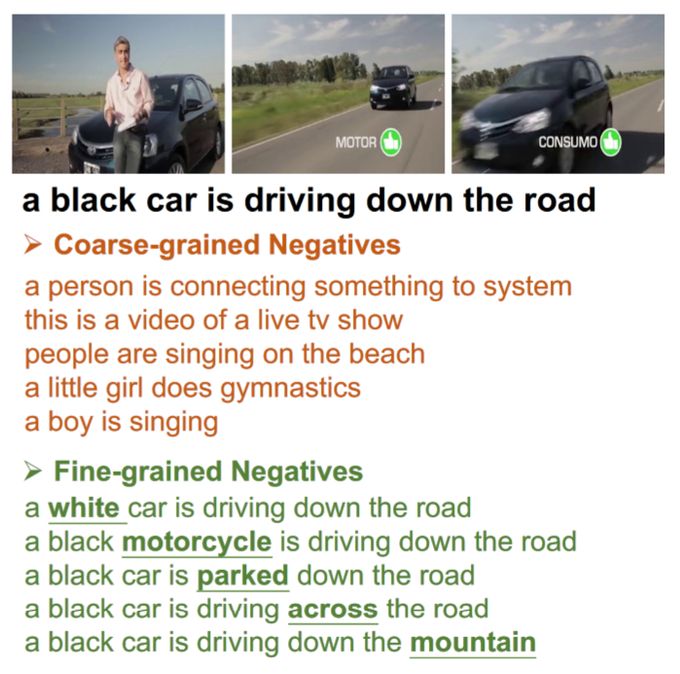
ArXiv: arxiv.org/abs/2410.12407
We go beyond coarse-grained retrieval and explore whether models can discern subtle single-word differences in captions.
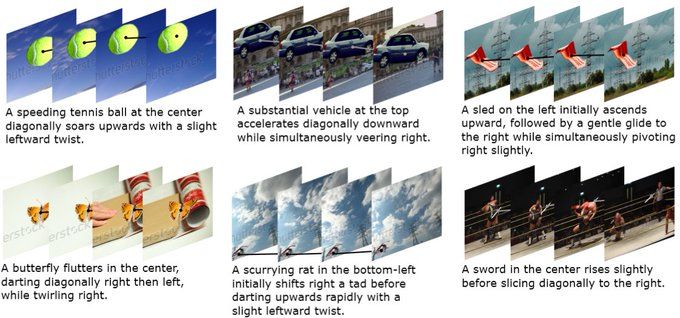
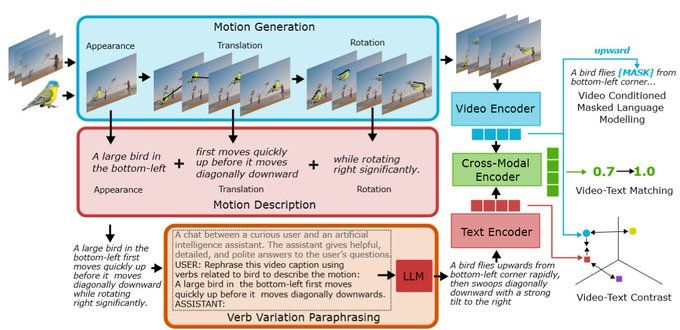
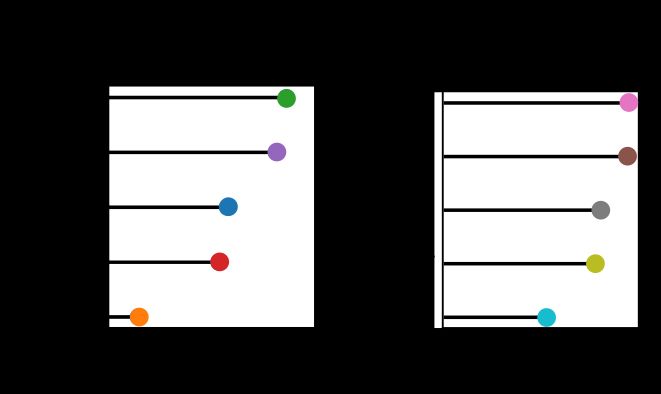
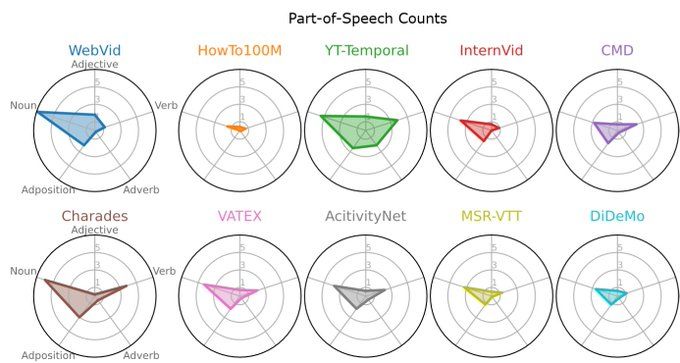
We remove the spatial focus of video-language representations and instead train representations to have a motion focus.

We remove the spatial focus of video-language representations and instead train representations to have a motion focus.

